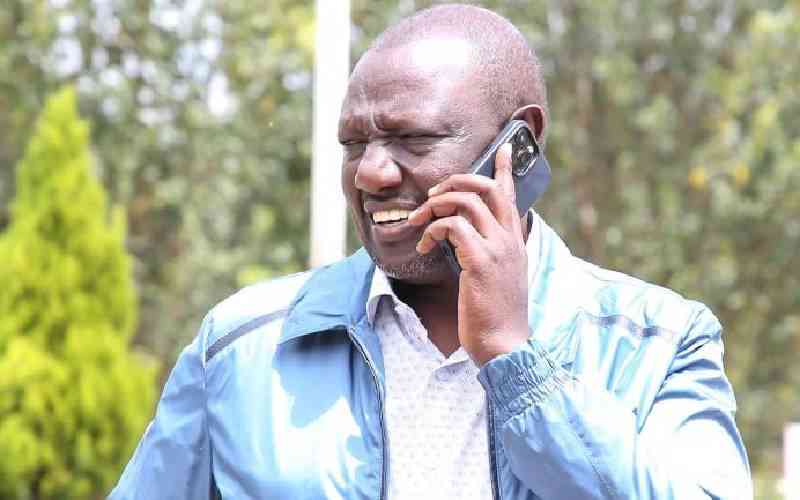×
The Standard e-Paper
Smart Minds Choose Us

UDA presidential candidate William Ruto beat Azimio's Raila Odinga in over 90 per cent of the polling stations in Mount Kenya region in Tuesday's General Election.
Although Raila increased his previous numbers in the region, he was vanquished by Ruto even in the diaspora counties of Nakuru and Laikipia.